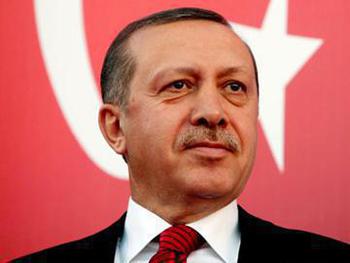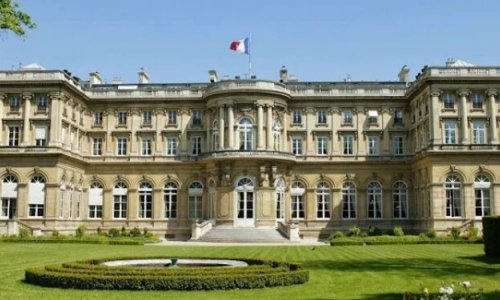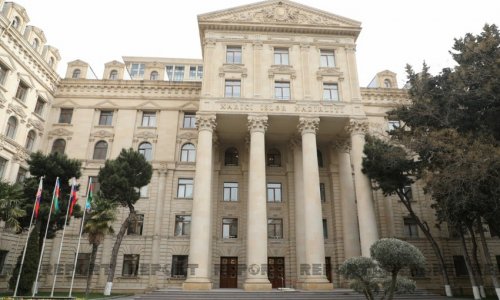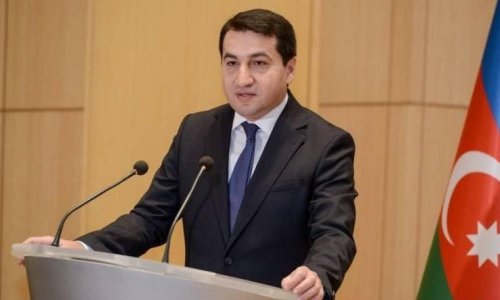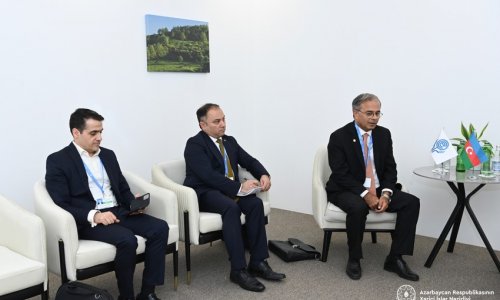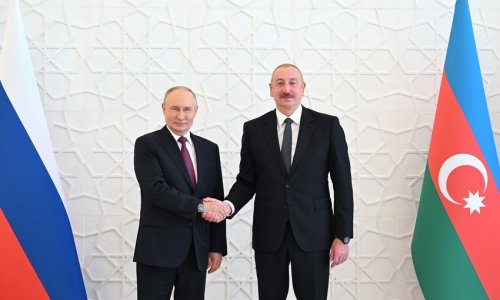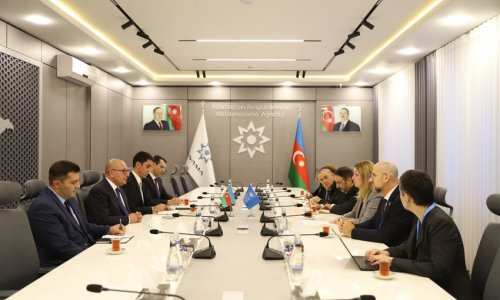The upcoming June 7 parliamentary elections may prove to be far more dramatic than any in Turkey’s recent past. No matter what the outcome, the country is likely to be heading into an unprecedented crisis.
President Recep Tayyip Erdogan has staked Turkey’s future constitutional order on the outcome of the vote. Erdogan, after 11 years as prime minister with the ruling Justice and Development Party (AKP), has assumed the largely ceremonial position of president. While the president is supposed to be impartial, he has been campaigning ferociously in support of his old party because he wants it to win a comfortable majority in parliament — more than 330 seats in the 550-seat parliament, to be precise. Such an outcome will enable him to lay the groundwork for a new political system, which would shift power from the prime minister to a French-style executive president.
Erdogan is a towering figure of Turkish politics. He dominates his party, which in principle is being run by his handpicked prime minister, Ahmet Davutoglu. He has also succeeded in neutralizing the once dominant force of Turkish politics, the armed forces. He is used to getting what he wants, and brooks no opposition — just ask his erstwhile ally, the religious leader Fethullah Gülen, whose powerful network of schools, media outlets, and business associations in Turkey are being dismantled piece by piece after a falling out with Erdogan.
Polling results have varied quite a bit in this election. The AKP is averaging support in the low 40s, while the main opposition Republican People’s Party (CHP) is polling in the mid- to high 20s and the nativist Nationalist Action Party seems likely to receive roughly 13 percent of the vote. It is unlikely, but possible, that the AKP will win fewer than 276 seats, which would force the formation of a coalition government. AKP supporters appear worried and have put together a very aggressive campaign — using state resources for the task, and crowding out the other parties from the airwaves.
What stands in the way of Erdogan and his 330 seats in parliament is the People’s Democratic Party (HDP), which represents a significant majority of Turkey’s Kurdish population. Turkey’s electoral system is brutal when it comes to small parties: If a party fails to win 10 percent of the votes nationwide, the seats it would have won are reallocated among those that crossed the threshold. In this case, the beneficiary of an HDP failure would be AKP, which runs second in HDP strongholds. Erdogan’s rise is largely due to this quirk in voting: His party’s first electoral success came about in 2002, when it won 34 percent of votes cast — and almost two-thirds of the parliamentary seats.
Kurdish parties have circumvented the 10 percent threshold in the past by running independent candidates in local constituencies, though this tactic underrepresented their strength. This year, however, the HDP decided to bet the farm by running as a party under a dynamic and charismatic leader, Selahattin Demirtas. Polls show that it is tantalizingly close to crossing the threshold for entering parliament, with polls throughout the campaign registering support between 8.5 and 11.5 percent of voters. If the gambit succeeds, it may win as many as 60 seats, which would mostly come at the AKP’s expense — thereby denying Erdogan the coveted 330 seats he needs to call for a referendum on the constitution.
Herein lie the roots of a potential crisis. If the HDP falls short by a sliver — say, 9.8 instead of 10 percent — Erdogan would get his required majority.If the HDP falls short by a sliver — say, 9.8 instead of 10 percent — Erdogan would get his required majority. The Kurds, meanwhile, would find themselves shut out of parliament, engendering a crisis of representation and legitimacy with unpredictable consequences for the future of Turkish-Kurdish relations. Although Erdogan deserves a great deal of credit for initiating a peace process with Turkey’s rebellious Kurdish minority, the process has been frozen by the election cycle, as Erdogan and his party target the HDP in an effort to drive down its support. Moreover, the ferocious nature of the AKP campaign so far, and the lingering suspicions of massive vote rigging in favor of AKP’s Ankara mayoral candidate in the previous municipal elections, is likely to call this contest’s fairness into question.
Kurdish civil disobedience in the areas where they make up a majority — and in cities such as Istanbul, Mersin, and Adana, where there are large concentrations of Kurds — is one of the most likely outcomes of this scenario. It is not just how the Kurds will react to such an outcome that is important: Many Turks who want to stop Erdogan from achieving his executive presidency — for fear that his authoritarian impulses will then become unstoppable — are likely to vote for HDP as their last hope.
This does not mean that the country will escape a crisis if HDP were to cross the threshold. Erdogan is unlikely to take the results lying down and accept his fate; chances are that he has a plan B. He has long argued that, because he is the first Turkish president to have been elected in a popular vote, he de facto possesses many of the powers ascribed to the prime minister.
Erdogan knows well how to control and manipulate the public sentiment. Is he already contemplating even more drastic steps to convince the public of the need for a strong presidential system? The options are many: At home, there is always the currently dormant peace process with the Kurds and the struggle against the Kurdistan Workers’ Party (PKK), the main Kurdish military force, to which most HDP supporters are sympathetic. Internationally, Turkey’s neighborhood does not lack for potential sources of conflict — from Syria to the Eastern Mediterranean oil and gas fields, to Cyprus, or even Egypt and Gaza.
Unlikely and as difficult this may be at this stage, a violent crisis would provide Erdogan the opportunity to highlight and make use of his official powers as commander in chief of the armed forces. Such conditions could then become conducive to renewing the elections.
Whatever the electoral outcome, tough times await Turkey.
(Foreign Policy)
www.ann.az
Follow us !

